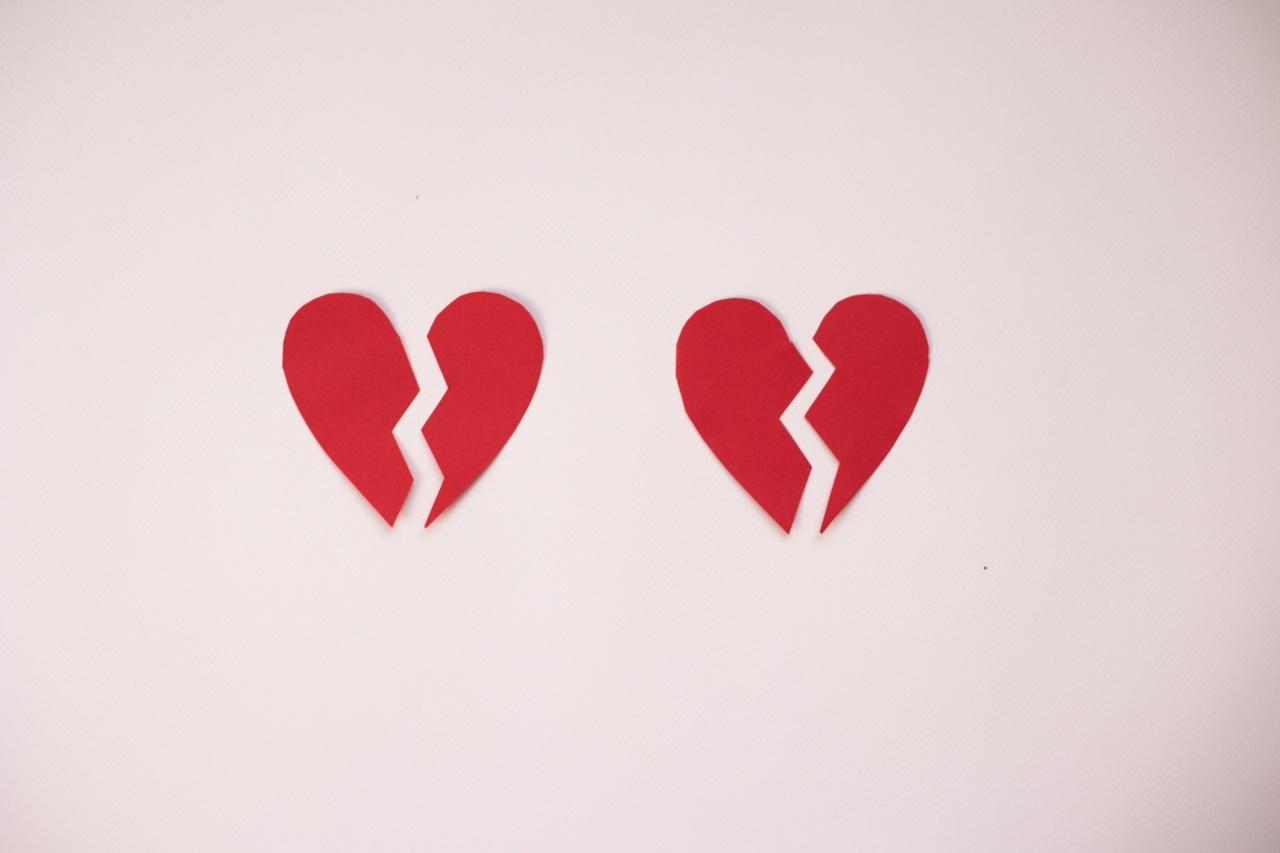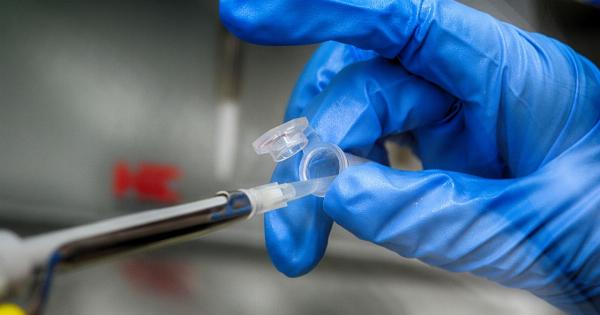We all have experienced heartache and emotional pain at some point in our lives. Whether it’s a break-up, the loss of a loved one, or an unexpected setback, emotional distress can leave us feeling helpless and isolated.
But did you know that a simple hug can help alleviate the pain of a broken heart?.
The Science of Hugging
Studies have shown that hugging can have a positive impact on our emotional and physical health. When we embrace someone, our body releases oxytocin, a hormone that promotes feelings of trust, connection, and love.
This is why hugging is often referred to as “the cuddle hormone.”.
Oxytocin also triggers the release of endorphins, our body’s natural painkillers, and reduces the level of cortisol, a stress hormone. In other words, hugging can help us feel more relaxed, less anxious, and less sensitive to pain.
The Healing Power of a Hug
When we go through a difficult time, it’s common to withdraw from others and shut ourselves off from the world. However, social support is essential for our recovery and well-being.
A hug from a friend, a family member, or even a stranger can make us feel less alone and remind us that we are loved and supported.
Research has shown that physical touch can have a calming effect on the nervous system, reducing heart rate and blood pressure. This can help us feel more grounded and centered, allowing us to cope with stress and anxiety more effectively.
Hugging for Different Occasions
While hugging can be beneficial for our emotional and physical health, it’s important to know when and how to hug in different situations. Here are some guidelines:.
Hugging for Comfort
When we see someone we care about going through a difficult time, we may feel the urge to give them a reassuring hug. This can be a powerful way to offer comfort and support, especially if words are inadequate.
If someone is crying or visibly upset, ask if they would like a hug, and respect their wishes if they decline.
Hugging for Celebration
Just as hugging can be a way of offering comfort, it can also be a way of celebrating happy moments. Whether it’s a graduation, a promotion, or a wedding, a hug can convey joy and congratulations.
However, be mindful of cultural differences and personal boundaries, and always ask for consent before hugging someone you don’t know well.
Hugging for Greeting
In some cultures, hugging is a common way of greeting friends and family. However, in other cultures, a handshake or a bow may be more appropriate. When in doubt, follow the lead of the person you are meeting, and ask for guidance if you are unsure.
The Ethics of Hugging
While hugging can be a powerful way to connect with others, it’s important to respect people’s boundaries and consent.
Not everyone feels comfortable with physical touch, and it’s important to ask for permission before hugging someone you don’t know well.
If someone declines a hug, respect their decision and find other ways to show your support and care. You can offer words of encouragement, a listening ear, or other forms of support that may feel more comfortable to them.
The Bottom Line
Hugs are a simple and powerful way to connect with others and promote emotional healing. Whether you’re going through a rough patch yourself or supporting someone who is, a hug can offer comfort, support, and a sense of connection.
So, go ahead and hug someone today – it may be just what you both need.































